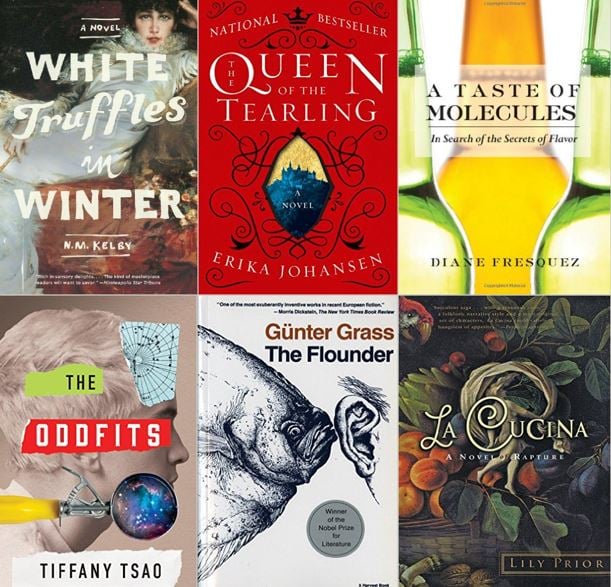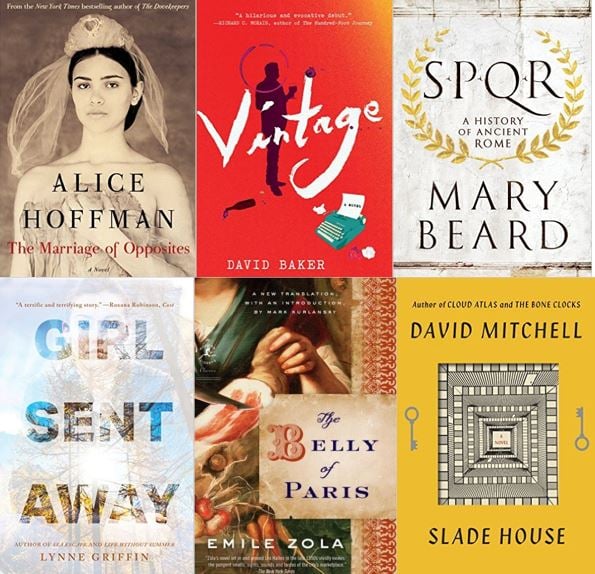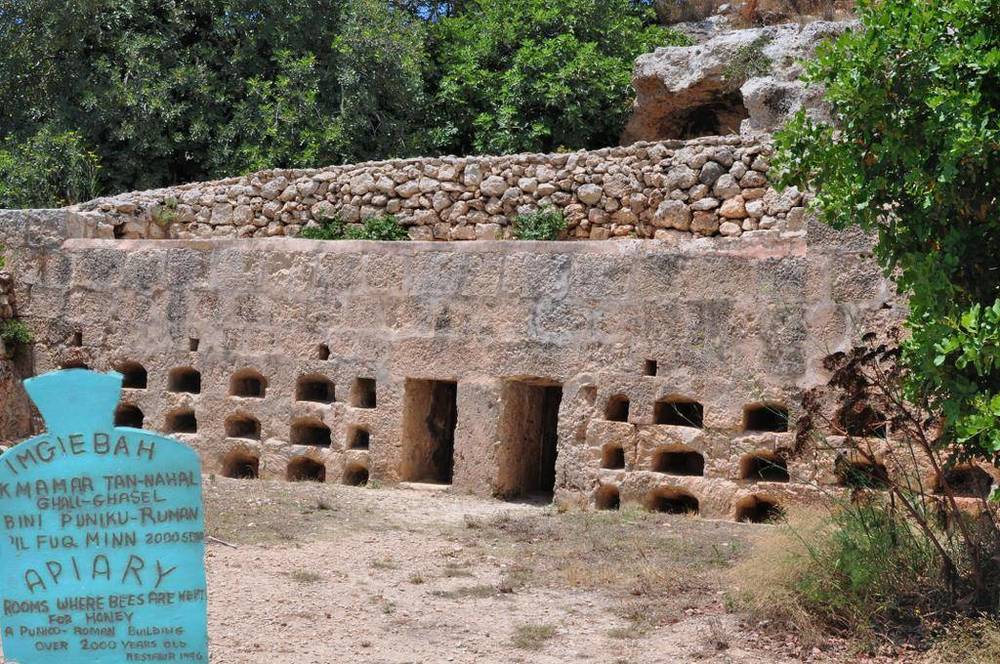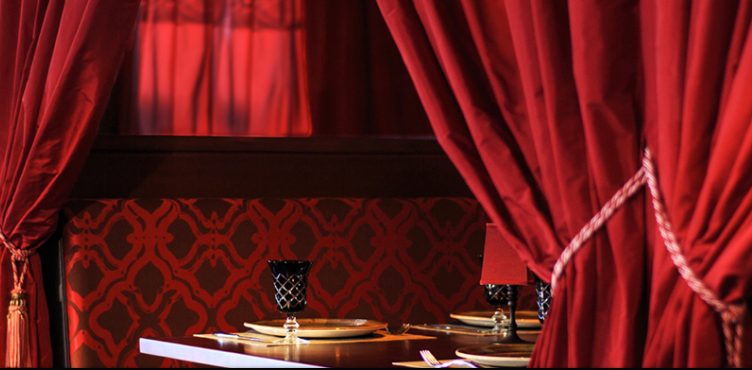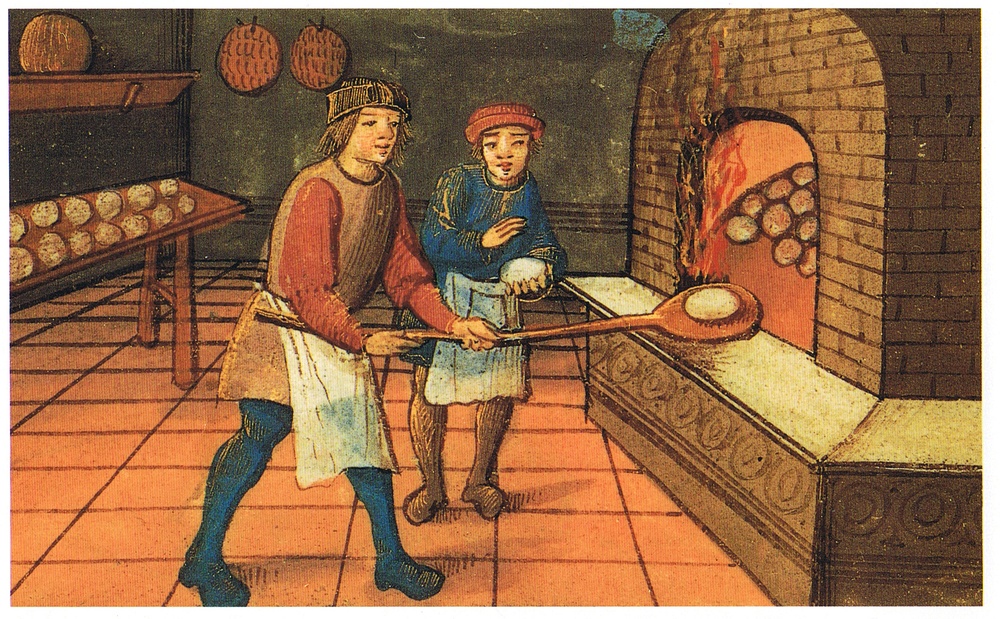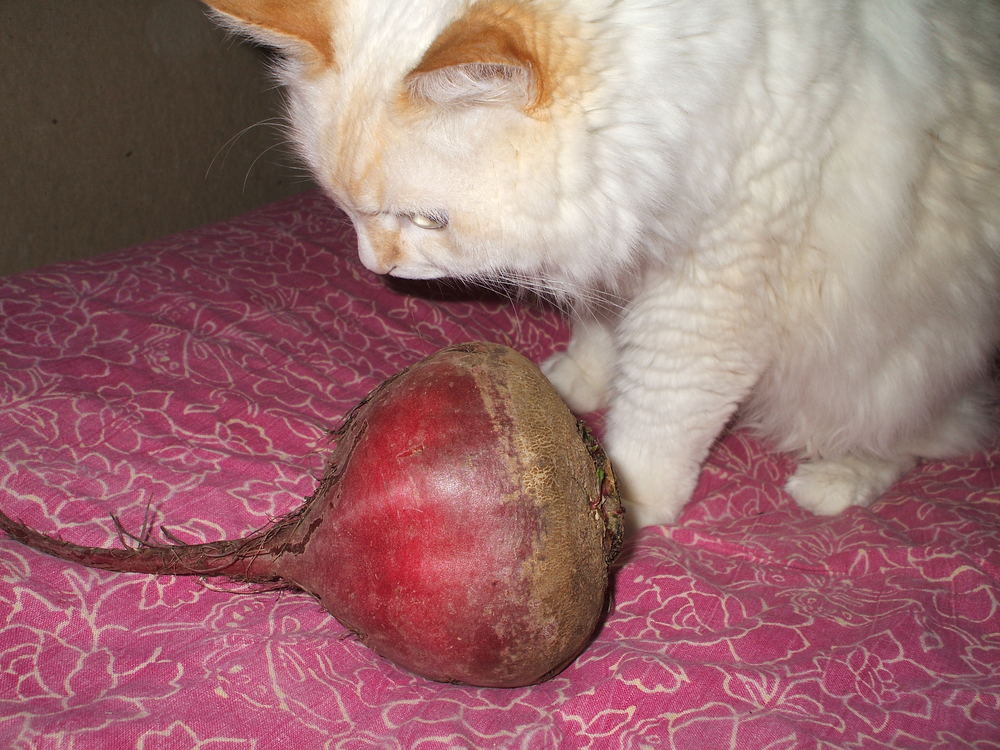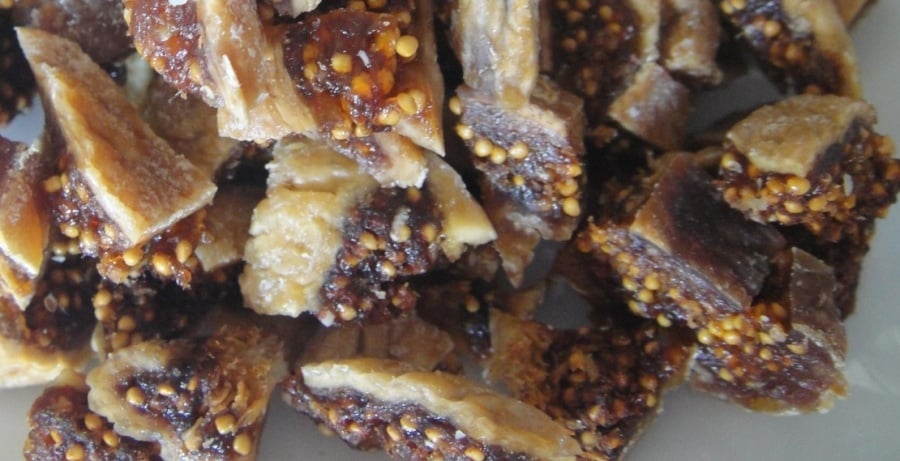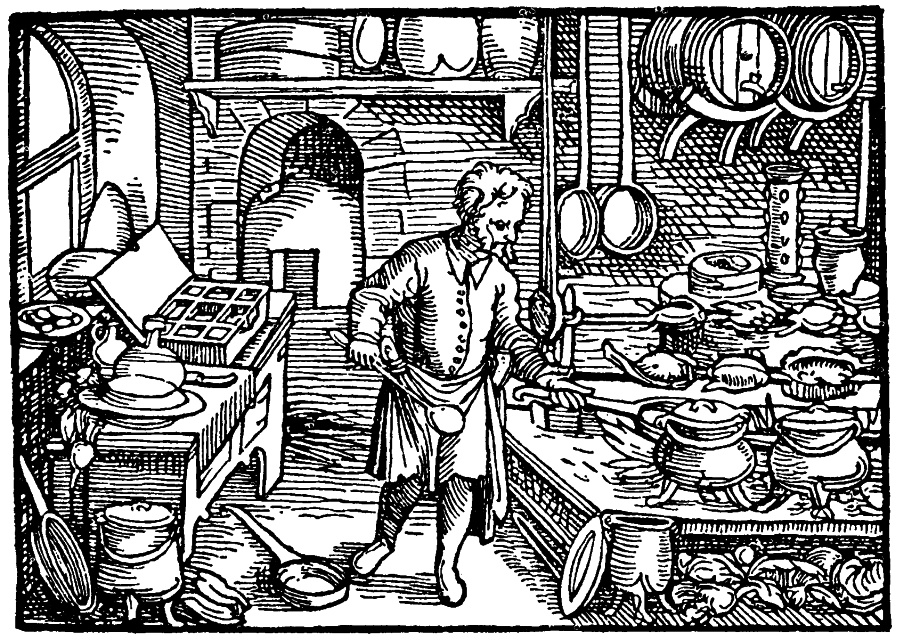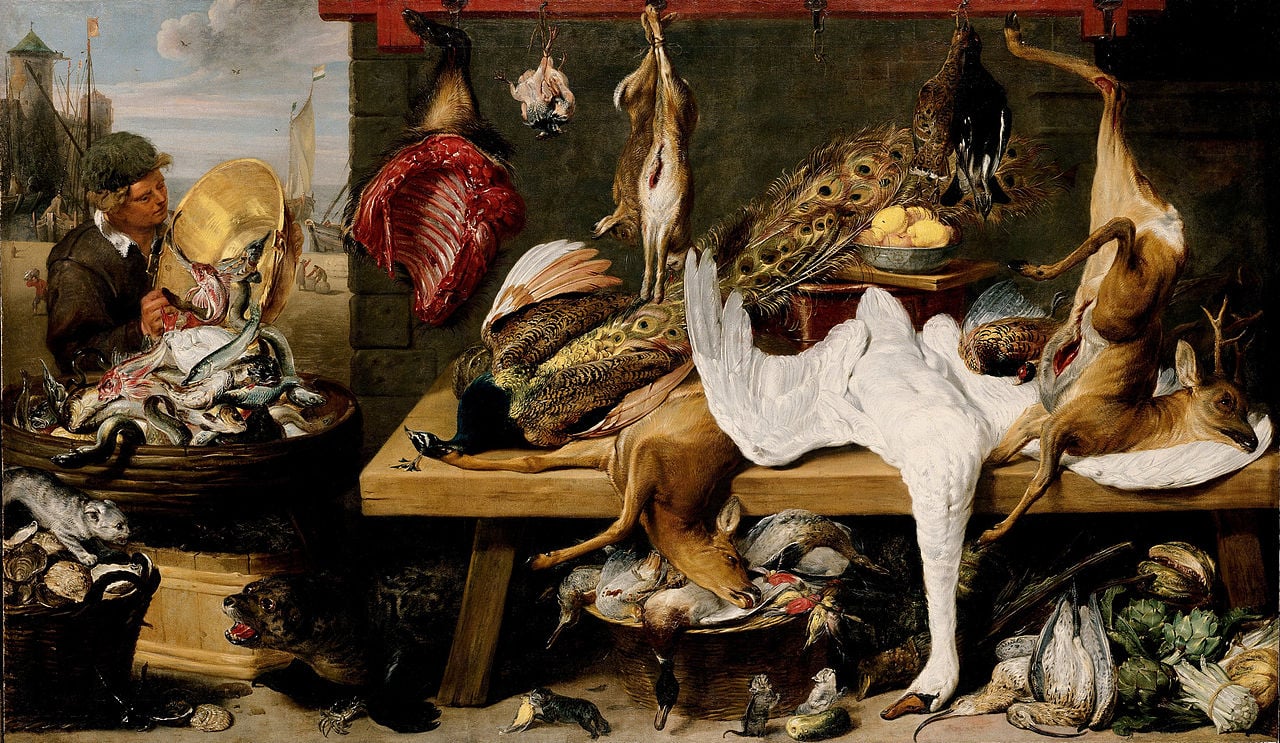
Renaissance chef (and character in my second novel), Bartolomeo Scappi, wrote a cookbook that was released in 1570 and was one of the most reprinted cookbooks over the next two hundred years. One of the most wonderful things about his cookbook, The Opera of Bartolomeo Scappi, is that it is still very accessible today. There are exceptions, for example, modern audiences would not be interested in some of the meats (hedgehog or blackbird anyone?), and many of the items are not readily available or, like his feathered peacock, are too elaborate too make.
Fortunately, many of his recipes are are still pretty easy to figure out. Like this one for braised beef:


